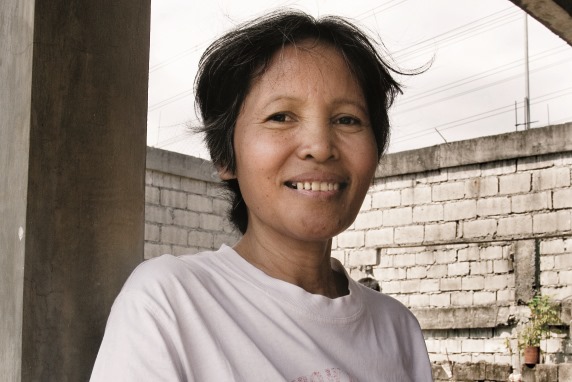Finding The Unbanked: The Findex
For you and I, the ability to make and receive payments by credit or debit is a part of everyday life. Here in Australia, digital payments are so advanced we can use our mobile phones and other advanced technology to pay for the things we need. Imagine, though, what your life would be like without access to a bank account or online banking services? For so many people across the developing world, the simple task of making payments, paying bills and receiving remittances means travelling for hours to reach the closest bank.
The second edition of the Global Findex (Financial Inclusion Index) report recently issued by the World Bank has been described as a landmark insight into financial inclusion across the world. The much-anticipated report highlights the remarkable progress made towards worldwide financial inclusion between 2011 and 2014. The report found that an astounding 700 million additional adults worldwide have become bank account holders in this time. In India alone, the proportion of adults with an account increased from 35 to 53 percent.
Despite these impressive advancements, financial inclusion is far from fully achieved. Across the world, 2 billion people still do not have their own bank account. Alarmingly, half of the unbanked are concentrated through South Asia and East Asia, with figures suggesting they are disproportionately female. For so many people, having a bank account is a safe way to save their wages, make basic payments and open or expand their own small businesses. For women, having a bank account can be empowering and can enable them to boost savings, plan ahead and invest in things like education for their children.
At Opportunity, we know that financial inclusion is critical to breaking the poverty cycle and inequality. We envisage a world where all people have access to financial services, and this is why we help to build the capacity of the local microfinance partners we work with. Our local partners are making great strides in providing loan recipients with microsavings and microinsurance services, as well as microcredit.

In the Philippines, the number of microfinance organisations offering saving services have substantially increased since 2011. For mothers like Carmelita, having access to her own microsavings account has meant that she now has a sense of stability in her life. After receiving her loan from one of Opportunity’s program partners, Carmelita was able to expand her sari-sari (grocery) store and purchase a larger quantity of goods to stock for her customers. With an increased income, Carmelita could afford to buy much-needed medicine after having a mild stroke and save whatever else she earned. She has also withdrawn Php.10,000 (A$240) to pay for her youngest daughter’s university tuition, and together with her husband, plans to support their two grandchildren, both enrolled in primary school.
Without your generous support, we wouldn’t be able to expand the outreach of our financial services.